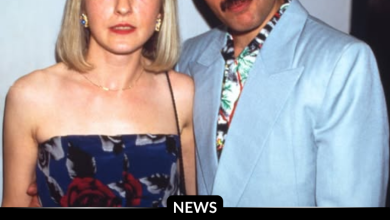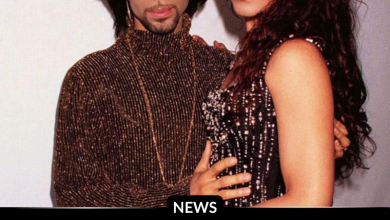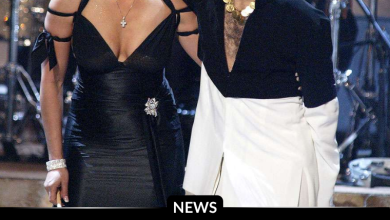Whitney Houston’s Quiet Confession: The Early-Career Decision She Regretted for 20 Years
OPINION: This article may contain commentary which reflects the author's opinion.
Even legends have their moments of doubt. For Whitney Houston — the voice that defined a generation and transformed pop and R&B — one of her biggest regrets wasn’t about fame, money, or awards. It was about a single decision she made before the world even knew her name — a decision she later called her “most guilty mistake.”
“I made a terrible mistake,” Houston said in a 2002 interview. “It wasn’t about a song or a man — it was about me not standing up for who I was when it mattered most.”
“I Was Told to Be Less ‘Soul’”
In the early 1980s, Whitney Houston was a rising star signed to Arista Records under the mentorship of Clive Davis. The label had ambitious plans: to make her a global icon who could bridge R&B and pop audiences. But not everyone on her team believed the world was ready for her natural, gospel-infused sound.
“Some people said my voice was too soulful,” Houston later revealed. “They wanted me to sound smoother — less church, less me.”
Eager to fit in and grateful for the opportunity, the young singer agreed to tone down her vocal style for her first single. The result was a polished, pop-friendly song that never made it onto her debut album.
“It didn’t sound like me,” she admitted. “It sounded like someone trying to play it safe.”
“I Felt Like I’d Betrayed My Voice”
For Houston, that choice came with an unexpected emotional cost.
“I remember crying in the studio,” she confessed. “Not because the song was bad — but because I knew I’d let them change me. I’d let them water me down.”
That painful realization became a turning point. When it came time to record “The Greatest Love of All” and “How Will I Know,” Houston reclaimed her sound — rich, powerful, and unmistakably her own.
“From then on, I promised myself I’d never compromise my voice again,” she said. “My voice is a gift, and I almost gave it away.”
“It Took Me 20 Years to Forgive Myself”
Despite her extraordinary success — from The Bodyguard soundtrack to her record-breaking version of “I Will Always Love You” — Houston admitted that the sting of that early decision stayed with her.
“Every time someone told me I couldn’t be both soulful and successful, I thought about that day,” she said. “It took me 20 years to forgive myself for not believing in my own power sooner.”
She often shared the story as a lesson for younger artists, especially women navigating an industry that can pressure them to conform.
“They’ll tell you to tone it down,” she once said. “Don’t. Your truth is your ticket. Never let anyone remix your soul.”
“That Mistake Saved Me”
In her later years, Houston came to see the experience not as a failure, but as a revelation.
“That mistake saved me,” she reflected. “It taught me who I really was. After that, every note I sang came from a place of truth — not approval.”
She smiled remembering the first time she heard “I Wanna Dance With Somebody (Who Loves Me)” on the radio. “I thought, ‘That’s me now — free, happy, real.’ I finally got her back.”
Though Whitney Houston is no longer with us, her message endures: authenticity is power.
“I learned that you can make mistakes and still rise,” she once said. “Because if you keep singing your truth, the world will eventually hear it.”



